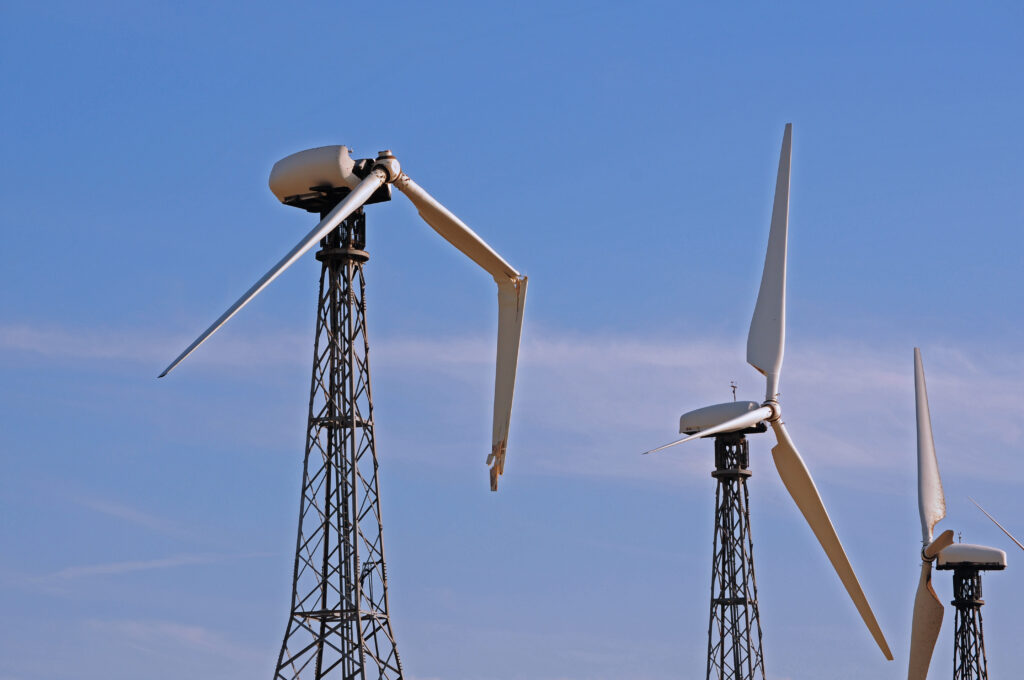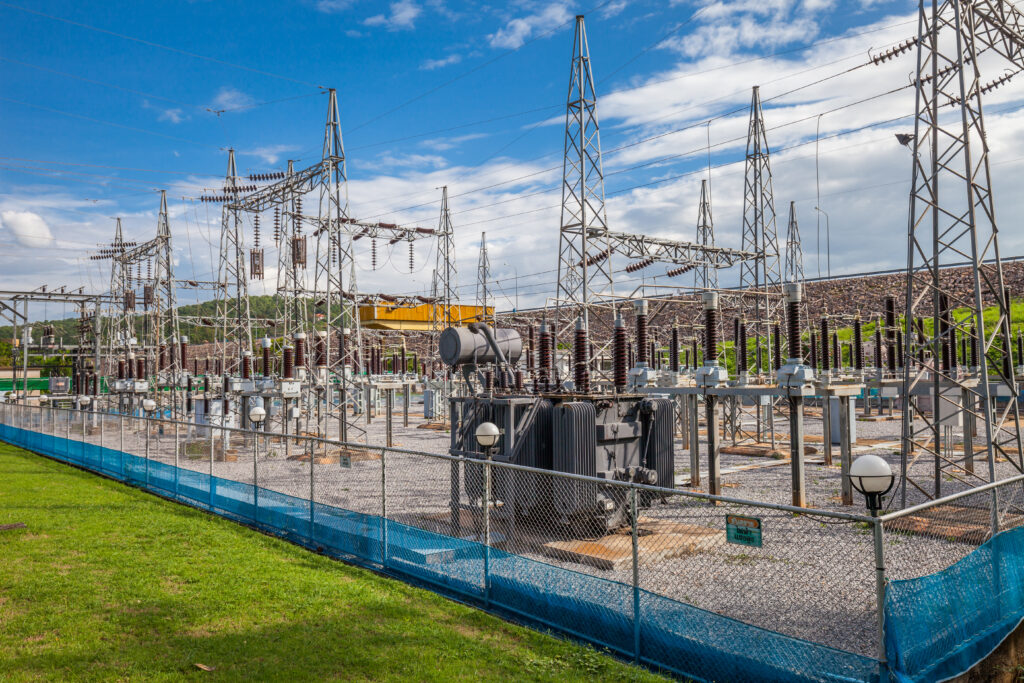Spis treści
Regulations aimed at solving the problem of high energy prices may stop the development of the renewable energy market. The adopted regulations limit sales revenues and cause uncertainty on the part of recipients who conclude long-term PPA agreements. In the short term this is bearable, but in the long term it may stop investments.
In October, the Act on emergency measures aimed at limiting electricity prices and supporting certain consumers in 2023 entered into force. Then, a regulation was issued on the method of calculating the price limit – briefly called the Revenue Regulation. It raises a lot of controversy and strongly affects renewable energy producers.
Polish regulations have gone much further than the EU regulations, because they are to apply longer – until the end of 2023, and the maximum limits set are much lower than the market income ceiling of EUR 180/MWh indicated in the EU regulation on intervention in an emergency situation to solve the problem high energy prices. Additionally, margin restrictions were introduced for energy trading companies. These solutions effectively paralyze investors’ current decisions on the renewable energy market.
How will revenues from the sale of green energy fall?
According to estimates by the consulting company Aurora, the revenues of solar and wind farms in Poland will fall by over 60% next year. compared to if there was no price cap. Auction RES projects have a price limit imposed at the level of their winning bid, while other RES projects – based on the reference price from the regulation of the Minister of Climate, which means in the case of solar farms – PLN 355/MWh, and wind farms – PLN 295/MWh. Income above this ceiling is transferred to the Price Difference Payment Fund.
Biogas energy producers, demonstration projects and installations up to 1 MW are excluded from the regulation, but only up to 3 MW in one company.
– When it comes to the investment impulse, the price limits for solar and wind energy adopted in the regulation are unrealistic. If they were maintained longer, given the current high operating costs and growing CAPEX, they would practically prevent new investments in solar and wind farms – says Szymon Kowalski, vice-president of the Re-Source Poland foundation.
Aurora estimated that the profitability of existing solar farms will decrease by approximately 3 percentage points, and wind farms – by approximately 4 percentage points.
In addition, there is an increase in debt servicing costs related to the increase in interest rates. According to the industry, loan installments have doubled in recent months, which significantly reduces the profitability of wind farms. Of course, this does not apply to investments that have already been repaid, but the legislator does not make any difference here.
Revenues obtained above the limit are to fund the Settlement Administrator, which will pay compensation to energy companies for selling electricity to protected customers – households, local governments, small and medium-sized companies. Auction projects are excluded here to the extent that they settle volume in accordance with the auction. The problem is that investors agreed to low amounts in auctions because their business plan assumed selling part of the remaining energy at prices much higher on the market. The current regulation destroys this model, so the profitability of investments will also fall.
The specter of double taxation discourages people from contracts
The regulation also sets a revenue limit for generators who fail to comply with electricity sales contracts that include financial instruments. These are PPAs, including long-term corporate cPPAs. The price limit is then increased by the amount due under such a contract, which is intended to prevent producers from incurring double fees, but the structure of the Polish regulation is not precise.
– The provisions of the regulation on the method of calculating the price limit are unclear, especially when it comes to financial cPPA contracts because the regulations applied concern the sale of energy including financial instruments, while in financial cPPAs there is no sale of energy, therefore we cannot apply these regulations to this type of contracts . In practice, they exclude financial (virtual) PPA contracts, and producers who have secured their energy price in this way will pay double. It should be emphasized that the vast majority of cPPA contracts in Poland are financial cPPA contracts, points out Szymon Kowalski.
Financial (virtual) PPAs are a financial instrument, a kind of security for the energy price. The partners undertake to make additional payments as financial compensation to the extent that the market price deviates from the bilaterally negotiated agreement. If it is lower than the established levels, the recipient gives the surplus to the energy producer, and if it is higher, the producer pays extra to the recipient. But the manufacturer would have to – according to unclear Polish provisions – also pay a deduction to the Fund.
The EU regulation is clear here – renewable energy producers cannot suffer from the fact that they have secured themselves against price fluctuations. ‘To the extent that existing or future contractual obligations, such as renewable energy purchase agreements and other types of power purchase agreements or forward securities, result in market revenues from electricity production up to the market revenue ceiling, such revenues should not be covered by this regulation. A measure introducing a cap on market yields should therefore not discourage market participants from entering into such contractual obligations.’
Minister: let’s be in solidarity
However, in Poland, no such clear provisions regarding PPA contracts were adopted, mixing energy sales and a financial instrument in the price regulation. These doubts were addressed at the last meeting of the Parliamentary Team for Renewable Energy by the Minister of Climate and Environment, Anna Moskwa.
– We have also addressed these financial PPAs. It seemed that it was sufficient, because we also agreed on this solution with you. We can agree on such a solution: we will look at it. The act includes a regular review mechanism. Our ministry monitors the market on an ongoing basis, as we are obliged to do in the act, with the possibility of amending this regulation each time if it causes any negative effects, Minister Moscow assured the renewable energy industry.
– However, this is a special year, a year of special solidarity among all industries, including the energy sector, regardless of the source. And this is what we want to appeal for today, emphasized Anna Moskwa.
– It was absolutely not the goal to kill the development of renewable energy sources, we made an exception for biogas, the reference price was as much as 25%. higher compared to last year, up to PLN 800 per MWh. Where this support was really needed, it is included, for those industries that are just starting out. However, where there are already successes, we applied equal rules – argued the minister. At the same time, she promised that if there is a “potential threat of negative phenomena”, the regulation may be changed. – This is only a regulation, we are able to react each time at the Council of Ministers and we know that the Prime Minister also expresses this intention. We have talked a lot about this topic recently, said the Minister of Climate and Environment in the Sejm.
The problem arose because neither the draft act on emergency measures nor the regulation underwent normal consultations – so the ministry could not consider the industry’s comments.
As a result, renewable energy investment projects based on PPA contracts will have problems with financing. Bartłomiej Czuba from mBank said very clearly during the Onde Flow conference in Toruń that the bank has suspended credit decisions for new projects.
Could there be a lack of energy in the future?
The introduction of revenue caps significantly affects the long-term viability of projects and will likely lead to delays in new investments. However, in the long term, it may undermine investor confidence in the market.
– There is great regulatory uncertainty in the energy market. The current legislative intervention is of course justified, but we lack a clear message that it has actually been introduced for a short period of time. The regulations adopted at the end of the year were not consulted with renewable energy producers, so the industry did not have a chance to comment on the introduced price limits. If they are maintained longer, it will lead to a reduction in the supply of energy from the cheapest renewable energy projects, says Damian Bąbka from Qair.
As investors from the renewable energy industry point out, due to blocking of onshore wind energy and inefficient power grids, in a few years we will have a huge hole in new generation capacity. – Either the energy strategy will be changed centrally to one that corresponds to the development of the renewable energy market, or there will be problems with the purchase of energy. The price of energy will be low, but there will be no goods, says the president of one of the large energy trading companies.
Option to extend regulation
Concerns that the regulations will remain in place for longer are not entirely unfounded, because, for example, Germany allows for the possibility of extending the planned taxation of excessive profits from the sale of energy until April 2024, and earlier there was even talk of the end of 2024. However, in Germany the tax authorities treat renewable energy sources much more gently than coal. According to the proposal, the tax will amount to 90%. amounts above the price limit, e.g. for nuclear energy and offshore wind farms it is to be EUR 130/MWh, lignite power plants (EUR 60-82 plus the costs of CO2 emission allowances), solar farms and onshore wind farms have fixed energy prices in within the support system. The German regulation is also to take into account the specification of cPPA contracts. The bill may be adopted this month.
The Dutch government also recently presented a proposal on how it intends to implement the EU regulation on limiting energy prices. The general rule sets a price ceiling of EUR 130/MWh, and market income above this ceiling will be subject to a tax of 90%. The price cap applies to wind, solar, hydro, biomass, biogas, waste, coal and nuclear energy, but for biomass fuels the cap will be higher. The Netherlands also supports a specific limit on market revenues from the sale of electricity from coal, which will be calculated separately. The regulations will not cover installations up to 1 MW. The price ceiling is to apply until June 30, 2023.
In Romania, a limit was introduced at the level of the average monthly energy sales price of RON 450/MWh (approx. PLN 428). The act is valid until March 2023. Trading companies have a margin limited to 2%. and they pay 100 percent. tax in the case of energy exports in relation to the day-ahead market price. Janez Kopač, former director of the Energy Community Secretariat, warned in an article for EurActive that the Romanian regulation targeting trading companies could lead to the bankruptcy of some energy trading companies.












